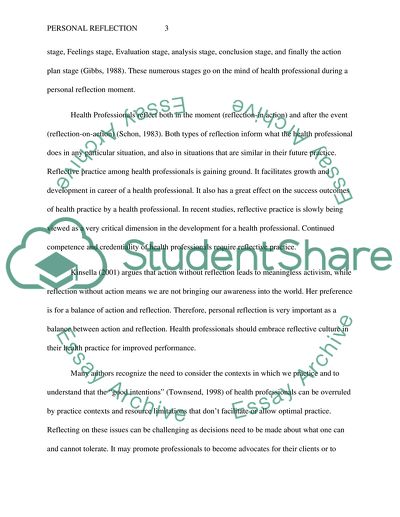Cite this document
(“Personal Reflection Coursework Example | Topics and Well Written Essays - 1250 words - 1”, n.d.)
Personal Reflection Coursework Example | Topics and Well Written Essays - 1250 words - 1. Retrieved from https://studentshare.org/health-sciences-medicine/1661312-personal-reflection
Personal Reflection Coursework Example | Topics and Well Written Essays - 1250 words - 1. Retrieved from https://studentshare.org/health-sciences-medicine/1661312-personal-reflection
(Personal Reflection Coursework Example | Topics and Well Written Essays - 1250 Words - 1)
Personal Reflection Coursework Example | Topics and Well Written Essays - 1250 Words - 1. https://studentshare.org/health-sciences-medicine/1661312-personal-reflection.
Personal Reflection Coursework Example | Topics and Well Written Essays - 1250 Words - 1. https://studentshare.org/health-sciences-medicine/1661312-personal-reflection.
“Personal Reflection Coursework Example | Topics and Well Written Essays - 1250 Words - 1”, n.d. https://studentshare.org/health-sciences-medicine/1661312-personal-reflection.


